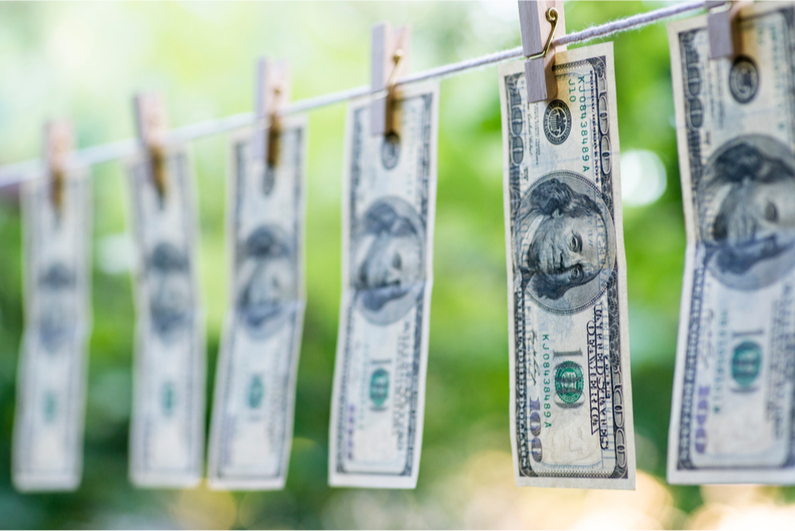An ongoing investigation
According to an investigative inquiry, River Rock Casino, the largest casino in British Columbia (B.C.), regularly did not fully report suspicious transactions, violating anti-money laundering (AML) rules.
The B.C. Lottery Corporation (BCLC), the province’s gambling regulator, is also alleged to have been aware of the transgressions, but did not take action. The Cullen Commission of Inquiry into Money Laundering in B.C. is looking into these potential AML breaches.
saw one casino patron bring CA$1.8m (US$1.35m) in cash over the course of a single week
The most notable of the suspicious transactions saw one casino patron bring CA$1.8m (US$1.35m) in cash over the course of a single week in December 2014. Despite these suspicious transactions, the BCLC did not tell the casino operator to refuse the money or to conduct a source of funds check.
Former AML director under the microscope
A government lawyer questioned former BCLC AML and investigations director John Karlovcec on Friday about the lack of action concerning the suspicious cash transactions. B.C.’s Gaming Policy and Enforcement Branch (GPEB) lawyer Kaitlyn Chewka focused her questions largely on the CA$1.8m worth of buy-ins from 2014.
Karlovcec admitted that these transactions were suspicious and they would have been reported to police and GPEB as well as FINTRAC, the reporting center for financial transactions in Canada. Chewka explained that the BCLC had the power to take further action but did not do so.
I recognize that we do not want to jeopardize revenue.”
One of Karlovcec’s e-mails at the time regarding the suspicious transactions said: “I recognize that we do not want to jeopardize revenue.”
Karlovcec testified that he was not under pressure to prioritize casino revenue, but he did agree that casinos may have resisted AML measures so as to not offend high rollers.
Other transgressions
The casino was only reporting cash transactions worth at least CA$50,000 (US$37,572), contrary to the CA$10,000 FINTRAC reporting requirement. Two cash buy-ins made entirely in CA$20 (US$15.03) bills totaling CA$49,960 (US$37,542) and CA$49,980 (US$37,557) in 2011 were not reported as suspicious. Authorities believe that casino staff might have informed high rollers of this reporting limit so they could avoid triggering an investigation.
The Cullen Commission questioned former BCLC manager of investigations Gord Friesen on October 28. Investigating lawyers highlighted numerous examples of Friesen disagreeing with his subordinates about large cash transaction investigations.
Investigators raised concerns about the River Rock reporting practices, but Friesen refused to investigate these concerns. River Rock Casino lawyers maintain that the casino met all reporting duties and that there were no AML breaches.
B.C. becoming notorious
The Cullen Commission was launched because of reports that illegal cash was fueling the gambling, luxury car, and real estate industries in British Columbia. New AML controls went into effect in January 2018 in B.C. as a result of ongoing concerns.
B.C. Attorney General David Eby commissioned an independent report that found that regulators and operators were happy to turn a blind eye to large cash transactions, leading to the casinos in the province being dubbed a “laundromat for organized crime.” The extent of money laundering at B.C. casinos was so large that the international intelligence community described the use of VIP players to launder criminal proceeds as “the Vancouver Model.”




